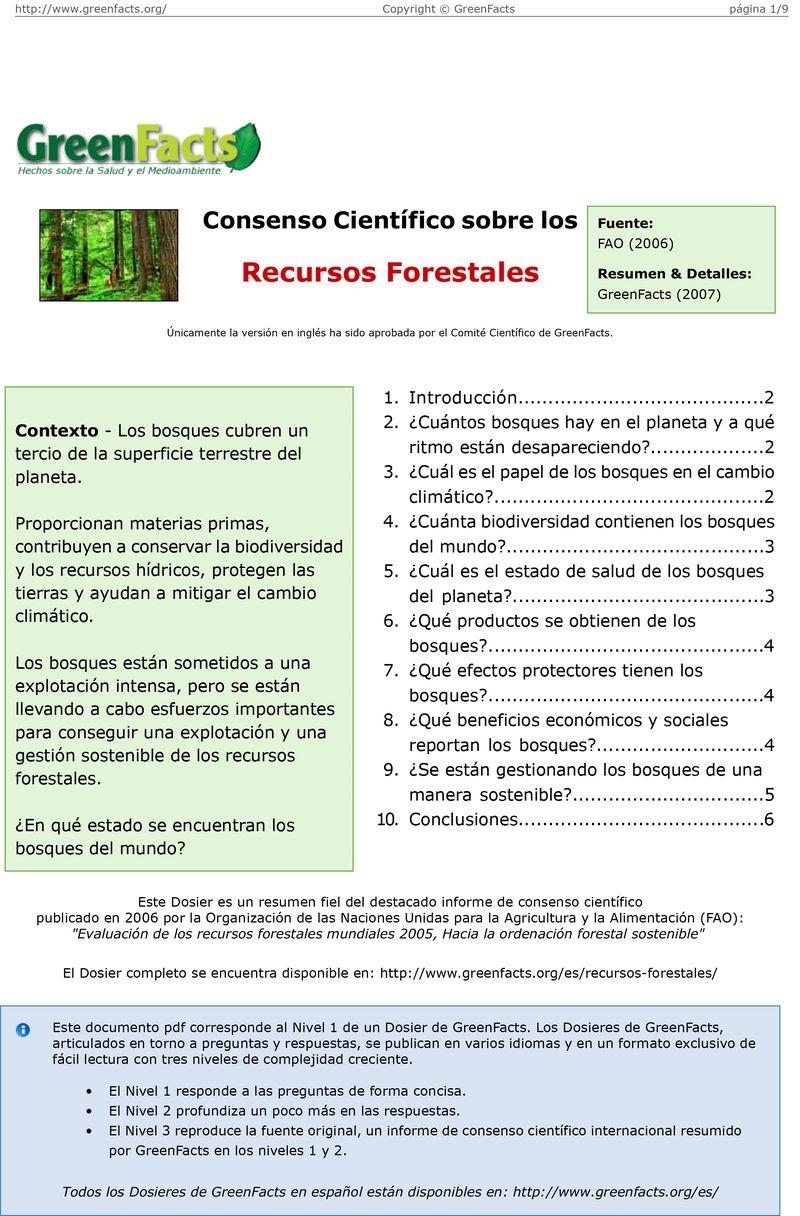Common-pool resources, livelihoods, and resilience
Common-pool resource management is a critical element in the interlocked challenges of food security, nutrition, poverty reduction, and environmental sustainability. This paper examines strategic policy choices and governance challenges facing Cambodia‘s forests and fisheries, the most economically important subsectors of agriculture that rely on common-pool resources. It then outlines policy priorities for institutional development to achieve improvements in implementing these goals.












